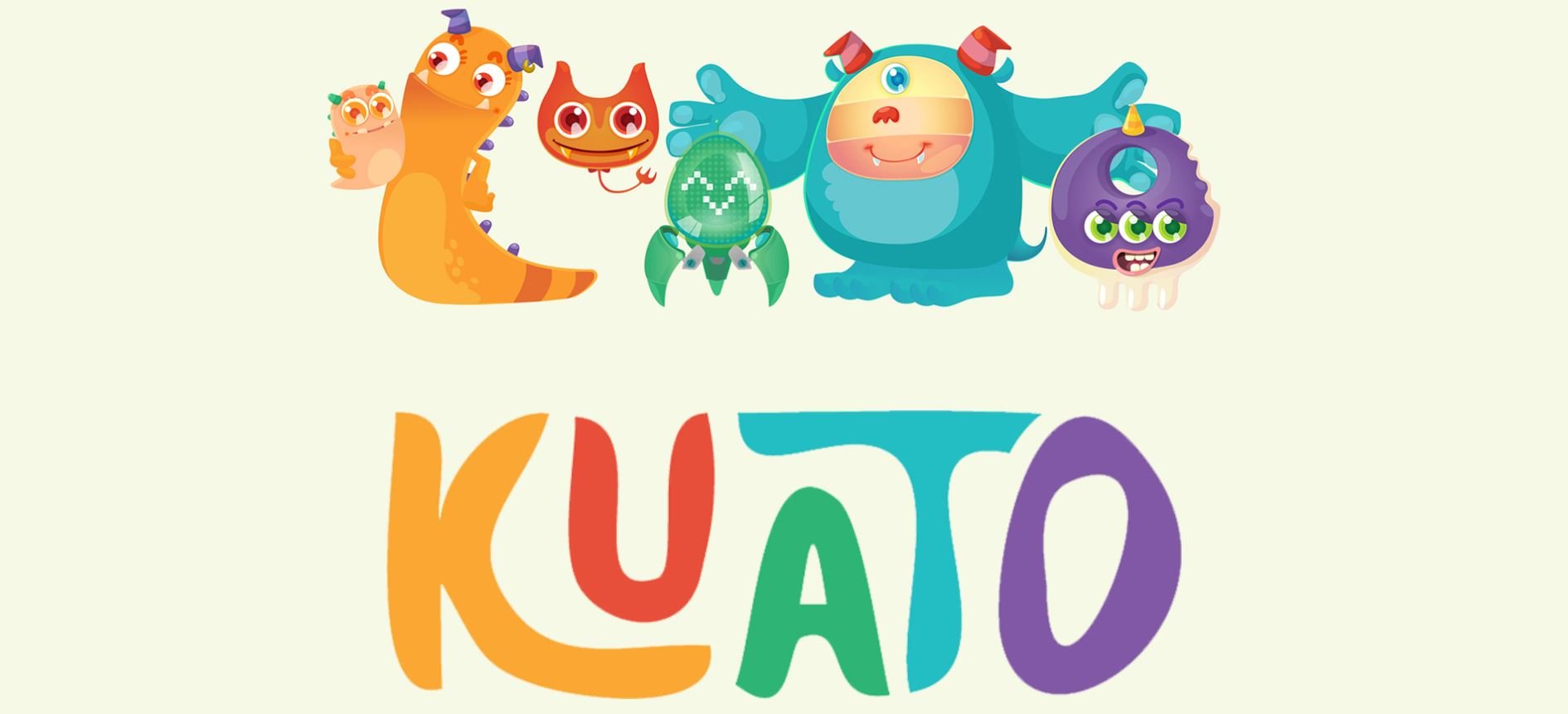London-based edtech gaming studio Kuato has raised £4.5 million in a round led by Horizons Ventures, a fund based in Hong Kong. The investment will likely go to supporting the launch of its first virtual reality title, Panic Room, and developing the patented technology that makes the game the first of its kind. Founded in 2011, Kuato has partnered with big players over the years, including Marvel and Disney, to develop educational games for children. With Panic Room, the team is introducing a new type of VR experience that it calls ‘Actor/Director’. The technology allows parents, teachers or carers to watch the child move through the game and even participate from the sidelines. It goes like this: a VR headset-wearing 'Actor' interacts with a virtual 3D world, which can be viewed and manipulated by a 'Director' through a secondary device such as a tablet, mobile phone or PC.
The idea came to managing director Mark Horneff during the summer Covid-19 lockdown, when his daughter was playing with VR and kept asking him questions about the scene. He couldn't see what she was, and realised there's an opportunity to make VR less of a solitary experience.
Kuato believes its ‘Actor/Director’ approach elevates VR from a typically solo activity to a more interactive and shared experience. The plan is to test out the technology now with Panic Room, then extend it to Kuato’s whole library of edtech games. The company acknowledges, too, that the use cases extend far beyond early education. The setup could even be used as a professional training tool, as VR becomes a more cost-effective option for training enterprise teams.



Would you like to write the first comment?
Login to post comments